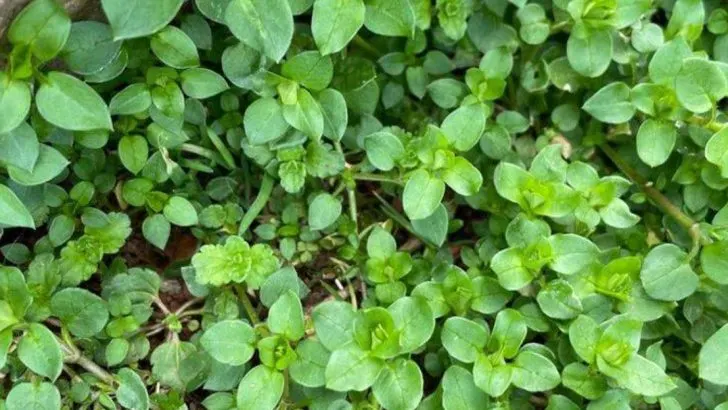Weeds often get a bad reputation, but some are actually unsung heroes in your garden. Instead of rushing to pull every unwanted plant, embracing certain weeds can improve soil health, attract beneficial insects, and even support nearby plants.
Many “weeds” act as natural ground covers, suppressing erosion and enriching the earth with valuable nutrients. Plus, they offer habitat and food sources for pollinators and helpful wildlife. The key is learning which weeds to welcome and which to manage.
In this article, find out why your garden needs more weeds—and discover the best ones to keep for a healthier, more balanced outdoor space.
Dandelion
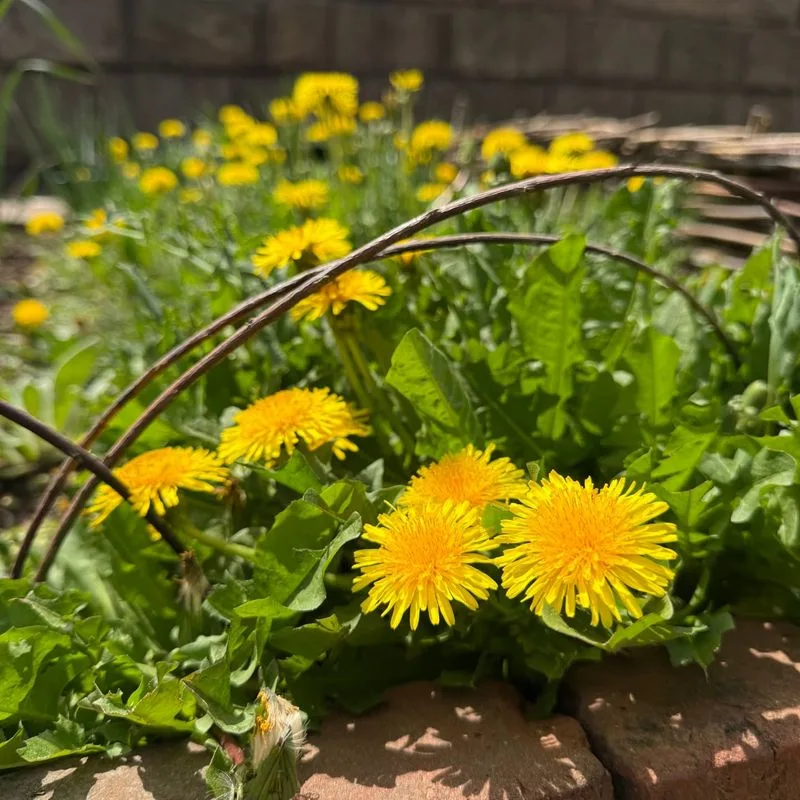
Vibrant yellow dandelions are more than just a lawn nuisance. They provide an early source of nectar for bees, supporting pollination before many other flowers bloom. The deep taproots of dandelions break up compact soil, improving aeration and water absorption.
These roots also pull nutrients from deep within the soil, enriching the topsoil as they decompose. Dandelions are edible, adding a nutritious punch to salads and teas.
So, next time you see these golden blooms, consider their ecological contributions before pulling them out. Their cheerful presence could be a boon rather than a bane.
Clover
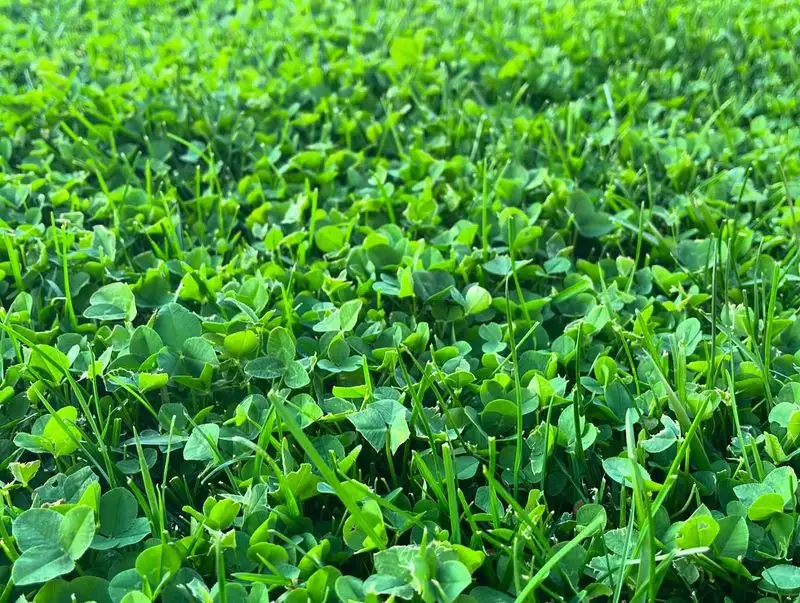
Clover, with its trifoliate leaves, is more than just a lucky charm. It fixes nitrogen in the soil, reducing the need for artificial fertilizers and promoting healthier plant growth.
The low-growing habit of clover creates a natural mulch, suppressing other weeds and retaining soil moisture. Clover attracts beneficial insects, including bees and butterflies, enhancing biodiversity in your garden.
Its soft texture is gentle underfoot, making it a pleasant addition to lawns. Embrace clover for a greener, more sustainable garden ecosystem that thrives with less intervention.
Chickweed
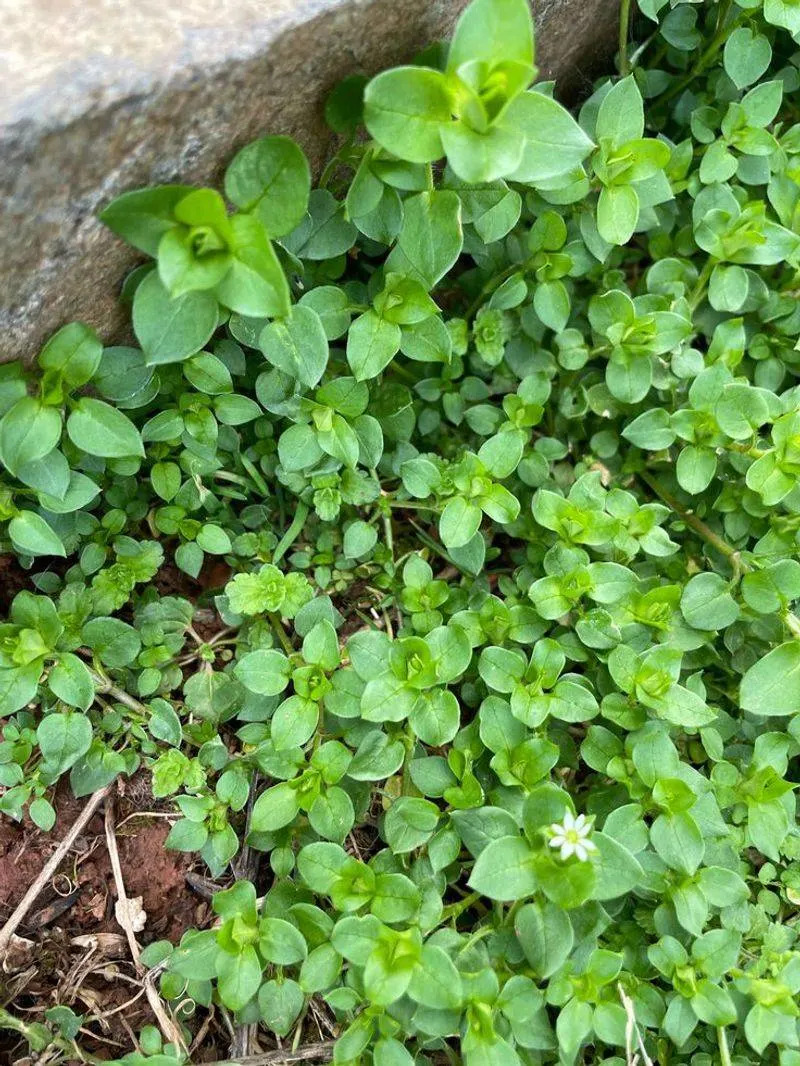
Chickweed might be small, but it packs a punch with its nutritional value. Its leaves are rich in vitamins and minerals, making them a healthy addition to salads. The delicate white flowers attract pollinators, helping nearby plants thrive.
Chickweed serves as a living mulch, protecting soil from erosion and retaining moisture. Its sprawling growth habit can deter less desirable weeds from taking over.
By nurturing chickweed, you’re not just feeding your garden but also adding a touch of wild beauty. Its benefits extend beyond the garden, into your kitchen and ecosystem.
Nettle
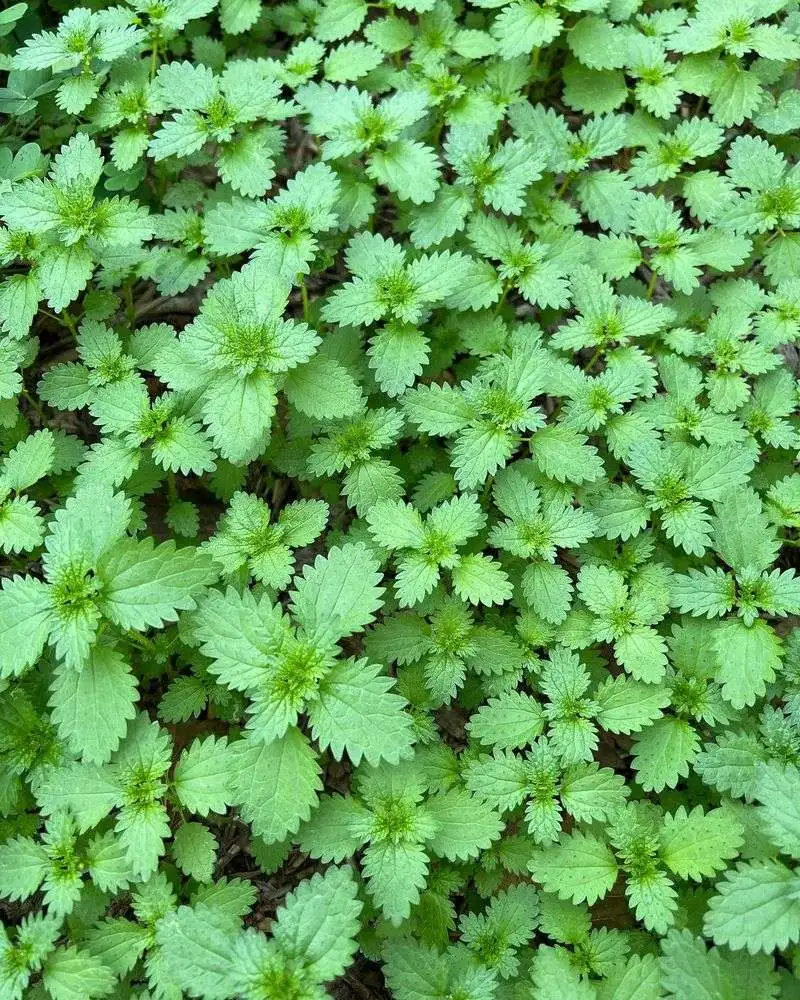
Nettle is often feared for its sting, but it’s a powerhouse of nutrients. Rich in nitrogen, nettles can be used to create a potent liquid fertilizer that invigorates plant growth.
Their fibrous nature improves soil structure when decomposed, while the flowers attract beneficial insects. Nettles are also edible, offering a spinach-like flavor that’s perfect for soups.
Historically, nettles have been used for textiles and medicine, underscoring their versatility. By welcoming nettles, you’re embracing a plant that nourishes both garden and gardener, proving that sometimes a little sting is worth the benefit.
Purslane
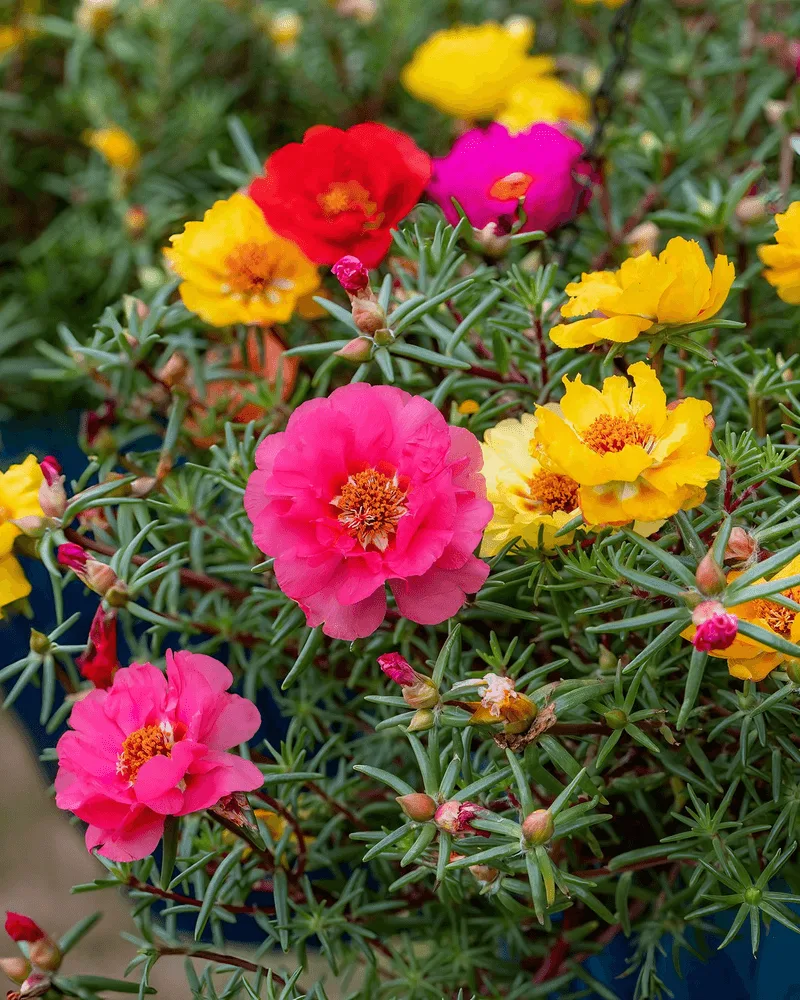
Purslane is a succulent weed that thrives in poor soil conditions, making it a resilient garden ally. Its leaves are packed with omega-3 fatty acids, offering a nutritious boost to salads and stews.
The prostrate growth habit of purslane provides ground cover, shading soil and helping retain moisture. It prevents erosion and suppresses the growth of less desirable weeds.
Beyond its practical uses, purslane adds a fresh, tangy flavor to culinary dishes. By keeping purslane around, you’re not just improving your garden’s health but also its gastronomic appeal.

